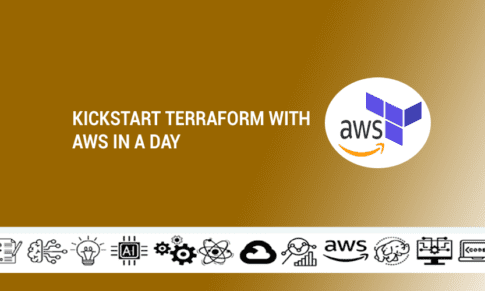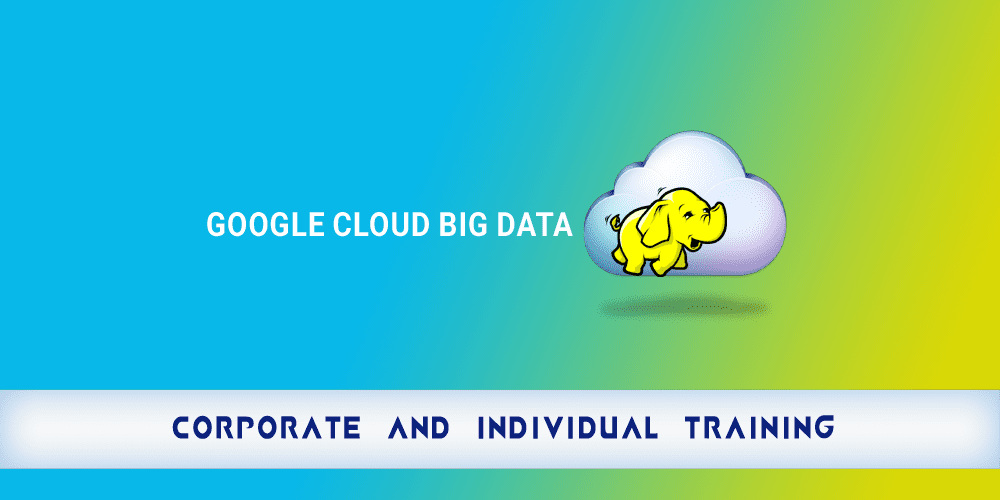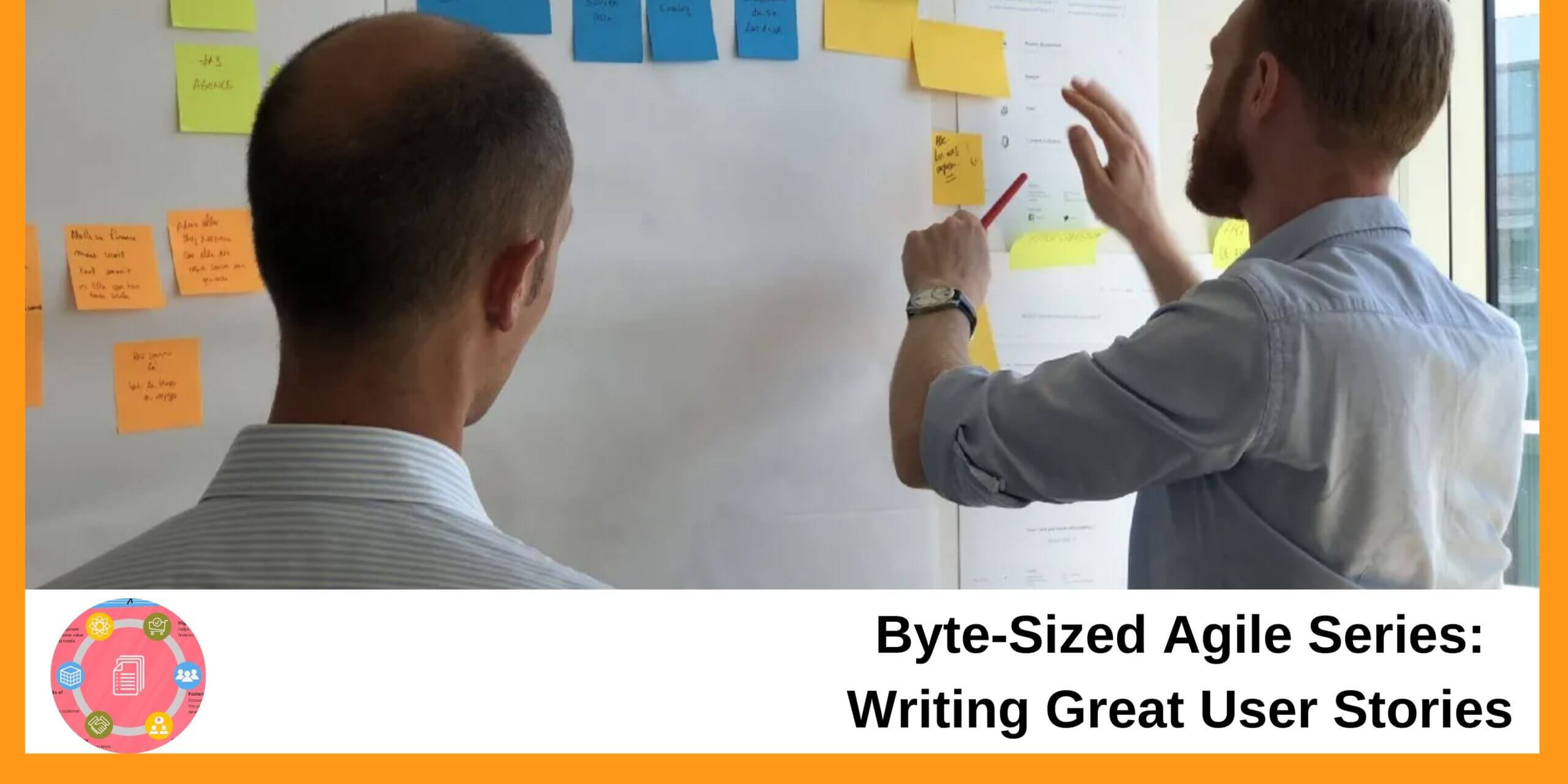- Overview
- Prerequisites
- Audience
- Curriculum
Description:
The Data Modeling : Basics course will provide basic information about organizing data per the system/ group / enterprise wide. Thus, enable and unleash the capability to capture and store any kind of data and provide analytical feasibility.
Long Description:
"Unlock the Power of Data Modeling: Basics Training! Dive into the world of data modeling, where you'll learn to comprehend and document data essential for operational and analytics processes. This comprehensive course guides you through the creation and validation of precise 'data models' while engaging with business and IT stakeholders. Discover the pivotal role of data models in applications development, encompassing forward and reverse engineering, as well as integration projects like business intelligence and data lakes. Our course offers a deep dive into data modeling techniques, covering conceptual, logical, and physical relational and dimensional, as well as NoSQL data models. Learn the art of capturing and modeling requirements, and apply best practices for building and validating data models with the Data Model Scorecard®. By the end, you'll not only know how to build a data model but how to do it exceptionally well. With real-world case studies and hands-on exercises, you'll be ready to apply these skills to your current projects. Enroll now for a data modeling journey that enhances your understanding and expertise."
Course Code/Duration:
BDT61 / 2 Days
Learning Objectives:
After this course, you will be able to:
- Component Usage: Learn when and how to use different data modeling components.
- Data Requirement Elicitation: Apply techniques for gathering data requirements.
- Data Model Creation: Build relational and dimensional data models at various levels.
- Model Quality Assessment: Evaluate data model quality.
- Enhanced Models: Incorporate support and extensibility features.
- This course assumes no prior data modeling knowledge and, therefore, there are no prerequisites. This course is designed for anyone with one or more of these terms in their job title: “data”, “analyst”, “architect”, “developer”, “database”, and “modeler”.
- Data Modelers, Database administrators, ETL developers, Business Analysts, DWH/BI professionals, Data Architects.
Course Outline:
Day 1
- Course Introduction
- Modeling Basics
- Overview to the Data Model Scorecard®
- Ensuring the model captures the requirements
- Validating model scope
- Understanding conceptual, logical, and physical data models
- Solve a real-time business problem in the class and simulate the real time working environment by yourself
Day 2
- Following acceptable modeling principles
- Determining the optimal use of generic concepts
- Applying consistent naming standards
- Arranging the model for maximum understanding
- Writing clear, complete, and correct definitions
- Fitting the model within an enterprise architecture
- Comparing the metadata with the data
- References and Next steps
Structured Activity/Exercises/Case Studies:
Day 1
- Exercise 1 – Create random ER Model for a case study
- Exercise 2 – Create random Dimensional Model for same case study
- Exercise 3 – No SQL modeling for a case study
- Exercise 4 – End to End modeling involving Conceptual, Logical and Physical modeling
Day 2
- Exercise 5 – Best practice and formatting standards for the data model
- Exercise 6 – Enterprise level use case and build an analytical model
Training material provided:
Yes (Digital format)




